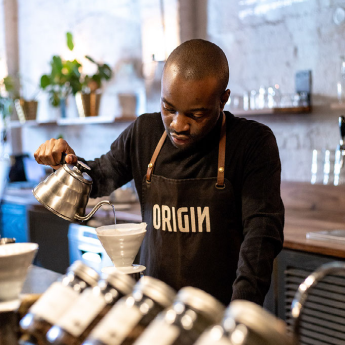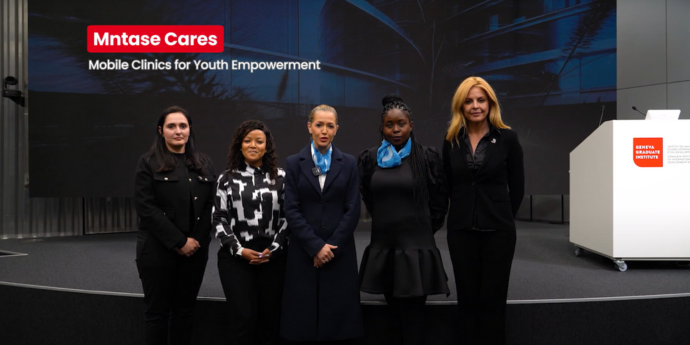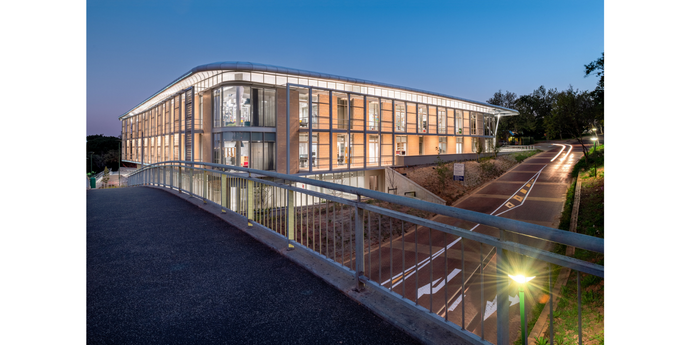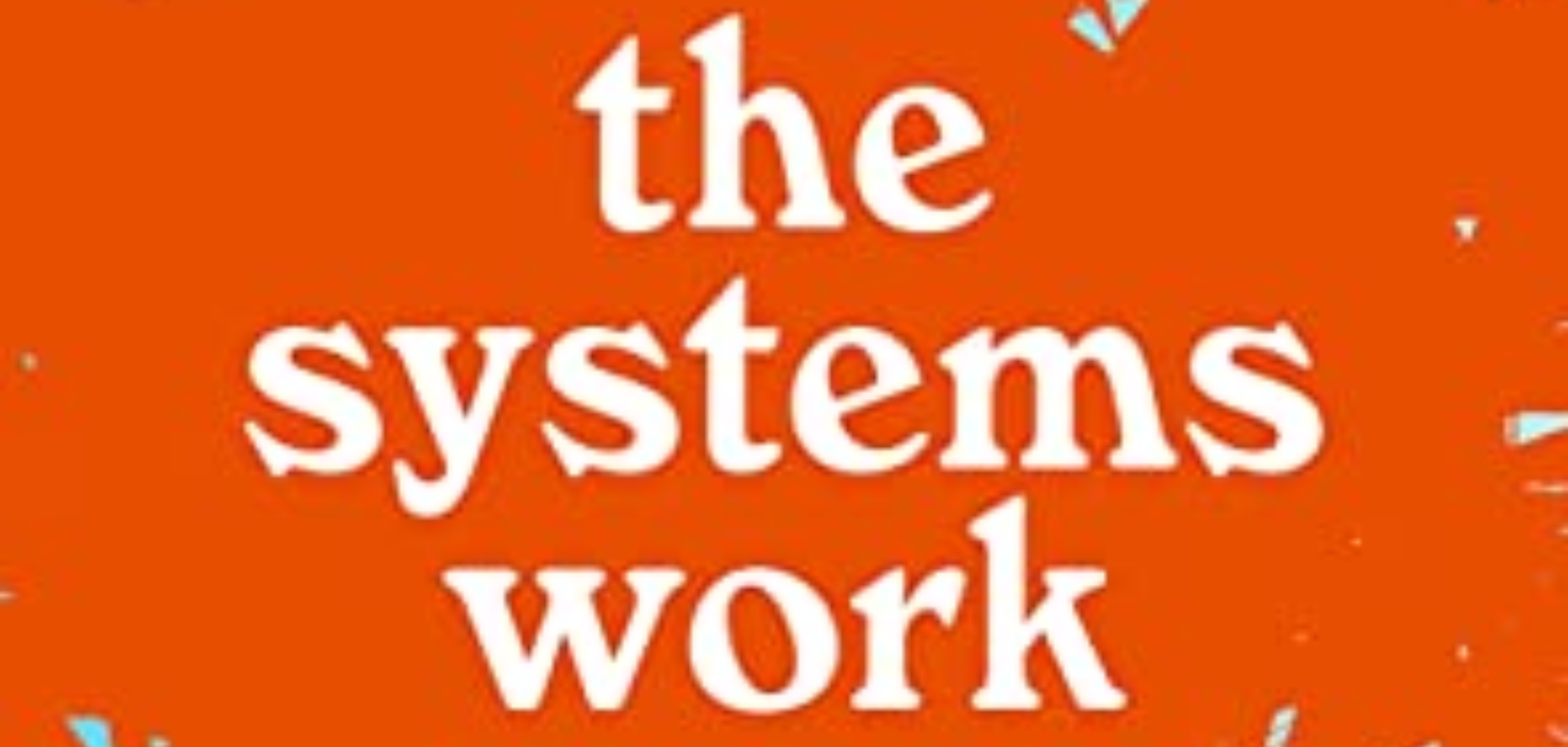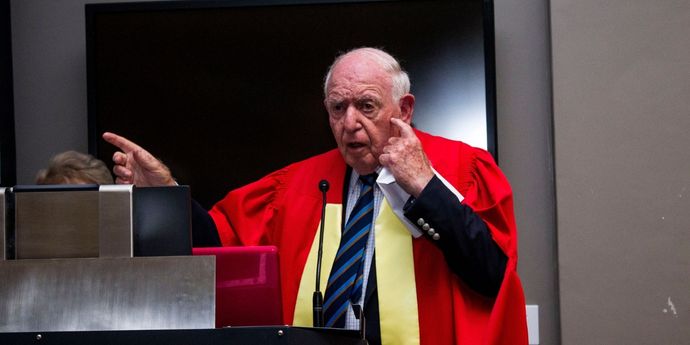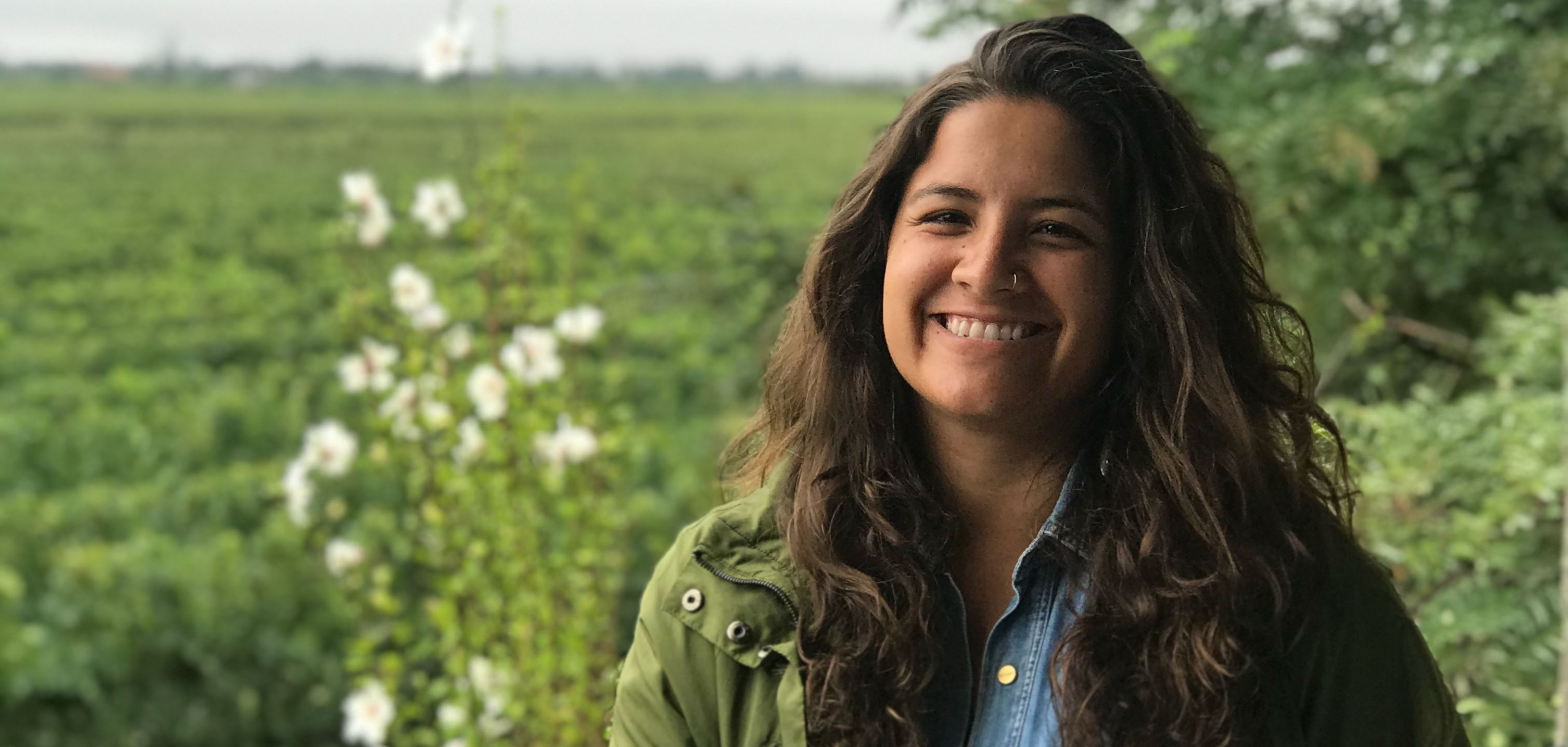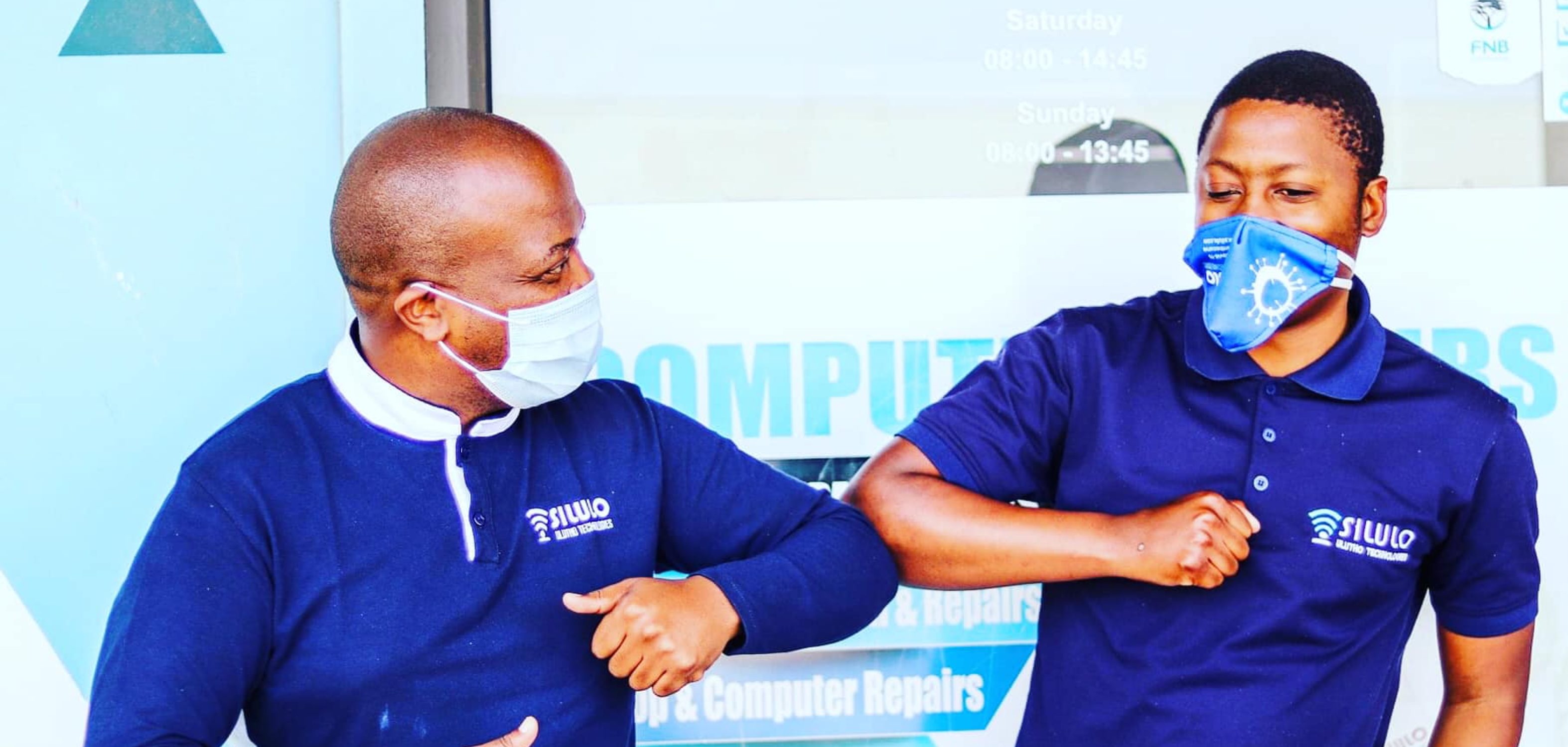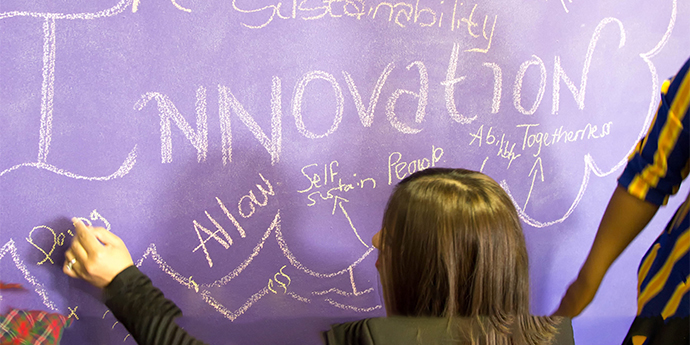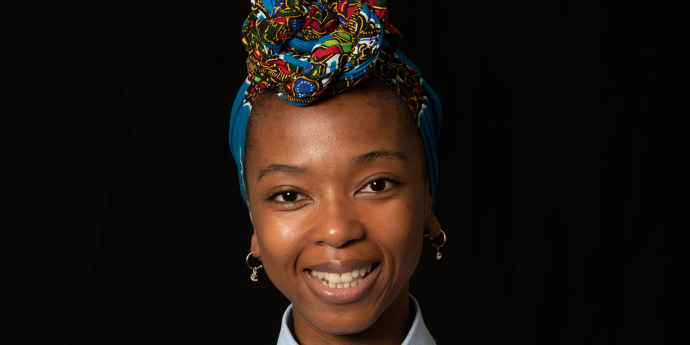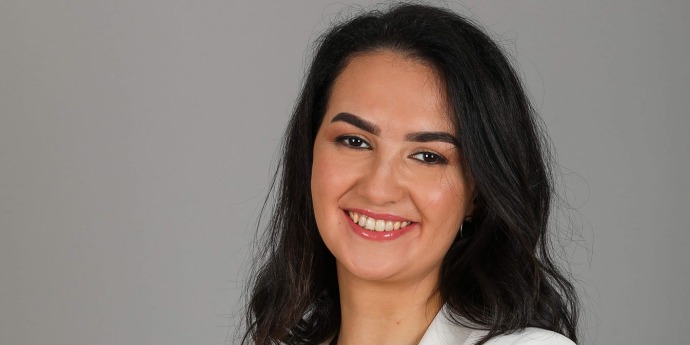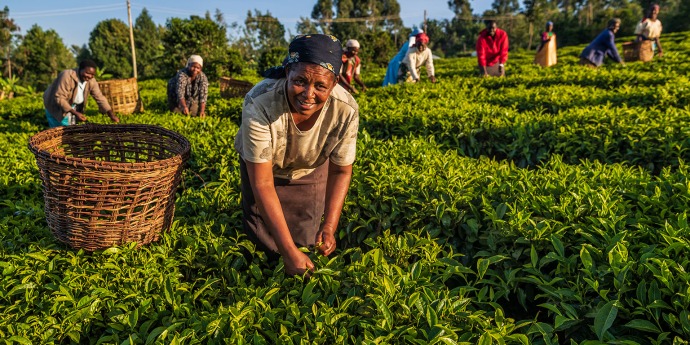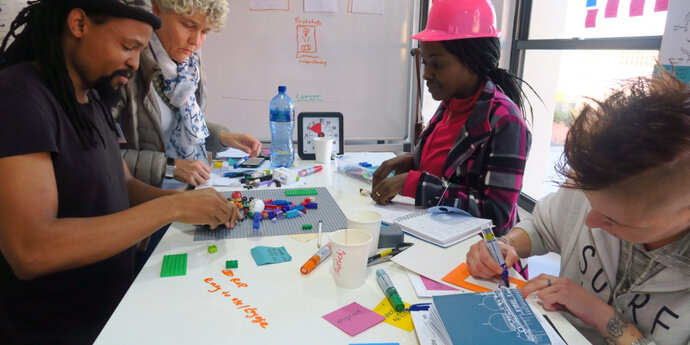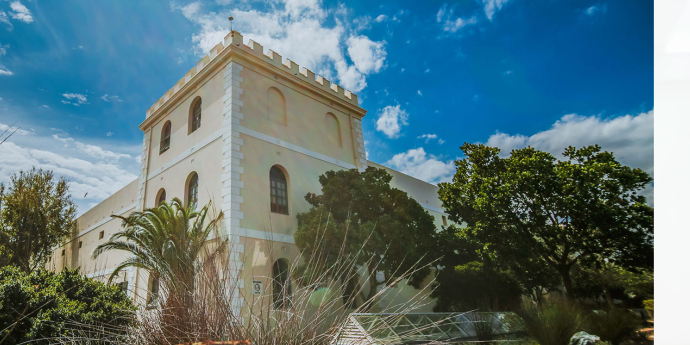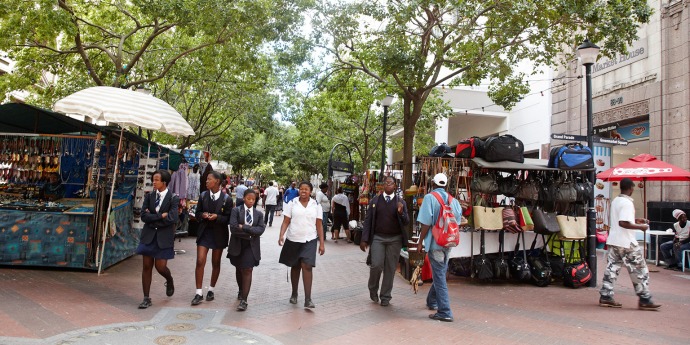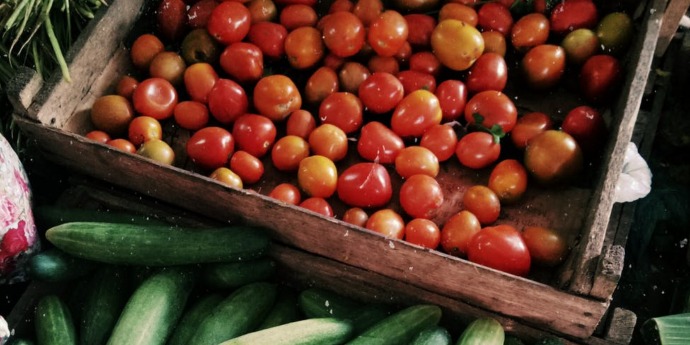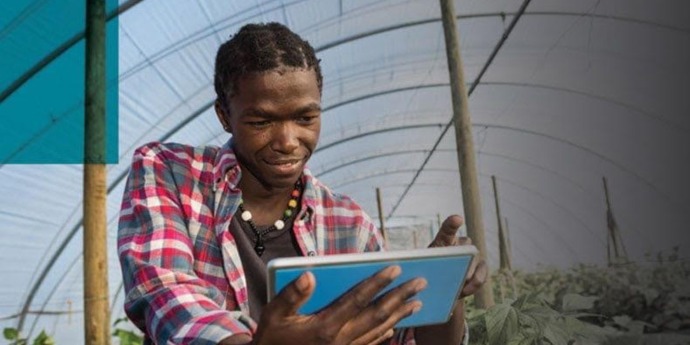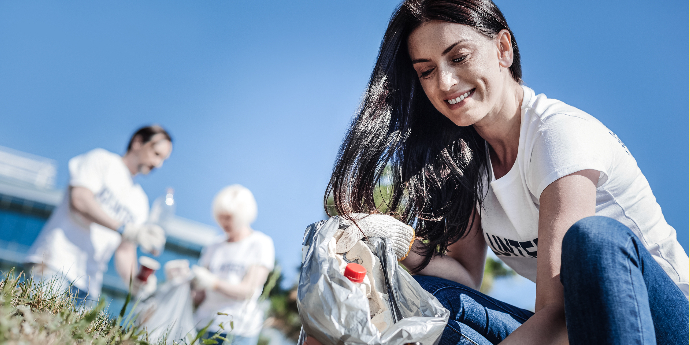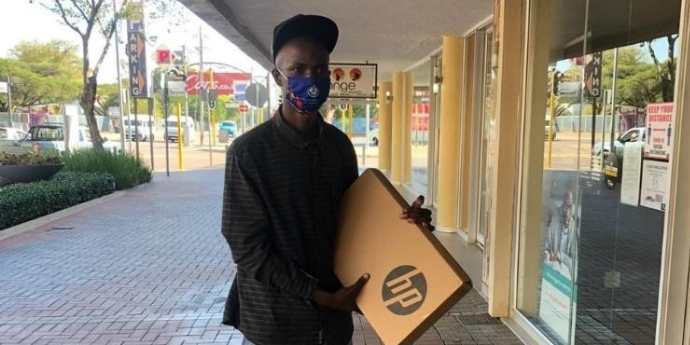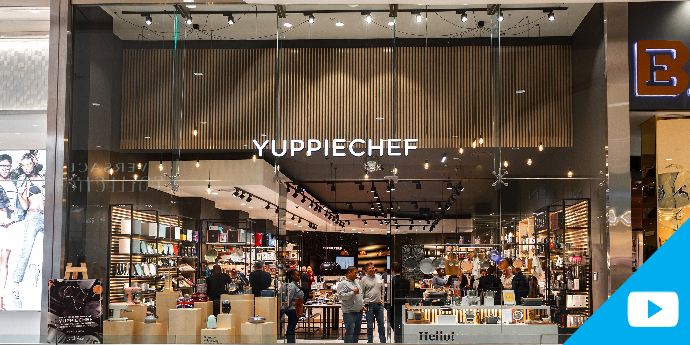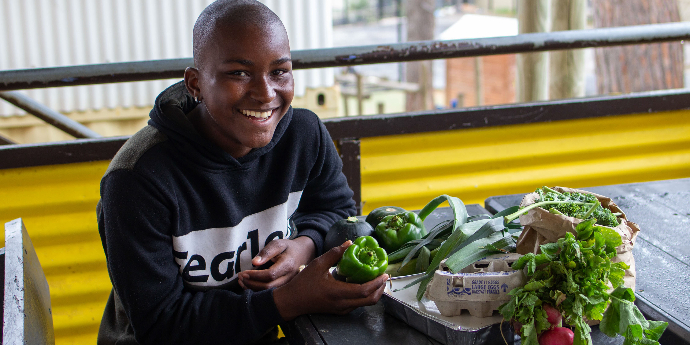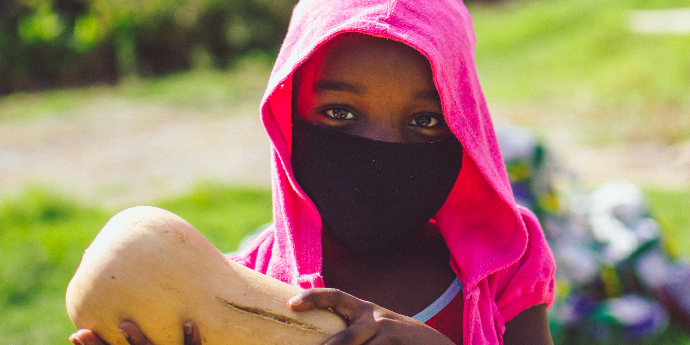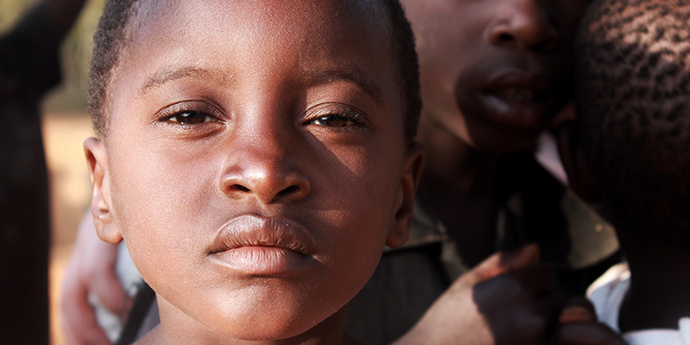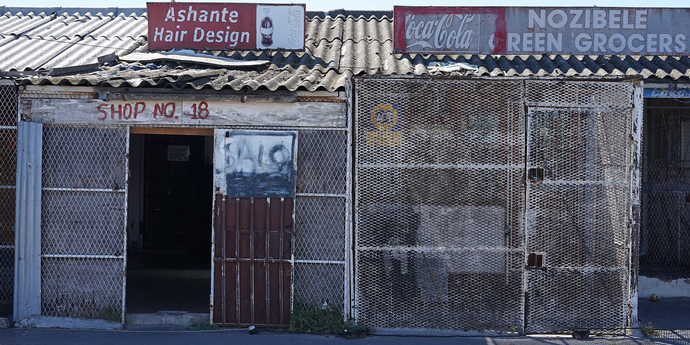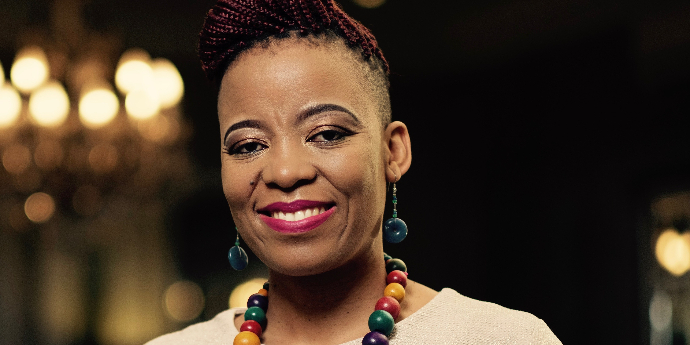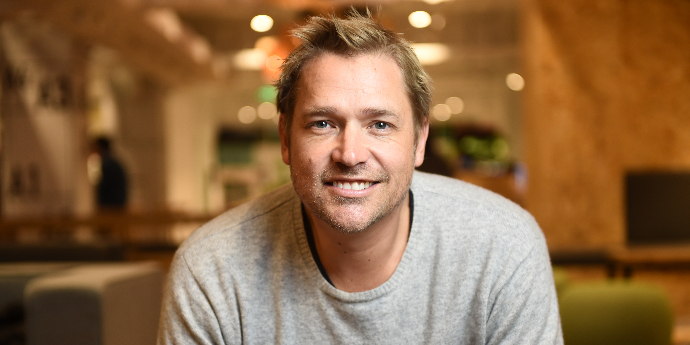When the founder of Origin Coffee Roasting, Joel Singer, was asked in 2016 by an interviewer where he lived, he said at the same place where he worked. Then he added, “Just kidding!” But for those working at the headquarters of Origin Coffee Roasting in the scenic De Waterkant area of Cape Town CBD, there was probably a ring of truth to these words. Because Singer was, and still is, always there, talking to customers, connecting with suppliers, and checking in with the baristas. After 15 years in the game, he is still passionate about the business.
This, and his focus on relationships, is probably the biggest reason why Origin is still going strong. Running a niche business in a country with a sluggish economy, rising poverty, and high unemployment was always going to be tricky. Then came COVID-19 and with it an estimated R164 billion in losses for the South African tourism sector in 2020 alone.
For Origin Coffee Roasting, COVID-19 also resulted in a scaling down of operations. Singer had to sell one shop and streamline operations. His story is told in a UCT Graduate School of Business (UCT GSB) teaching case, which won second prize in the prestigious 2021 AABS/ Emerald Case Writing Competition.
The case looks specifically at how a small business with resource constraints tries to find a sustainable growth path that allows it to compete with chains as well as independent cafés. The case is a teaching aid, providing prospective entrepreneurs and business students with an opportunity to see what small business owners are up against, especially in developing markets like South Africa.
Operating in a niche within a niche
The tale of Origin Coffee Roasting is certainly rich in local flavour. When it launched in 2006 from a brick warehouse in De Waterkant, it was the first coffee roastery of its kind. Then came the opening of its barista academy, which would go on to train 3000 of the top baristas on the continent, and an online shop, selling beans and coffee-making equipment. In addition to serving customers at the HQ café, Origin imports, roasts, and supplies coffee to over 100 different cafés, restaurants, corporate offices, and guest houses across South Africa. One of the big challenges of launching an artisanal coffee roastery in South Africa back then was the fact that South Africans were largely a tea-drinking nation as a result of the country’s English colonial heritage. Most local coffee drinkers were used to instant coffee brands and there was no established culture of specialty coffee. With low demand for artisanal coffee, the market was essentially a niche within a niche. Even by 2020, almost 90% of the South African market was still drinking ground coffee and not that fussed about the craft, the micro-roasting and ethical and transparent sourcing of coffee beans – as is the case in European and American markets. Added to this were the common challenges many small businesses face in terms of severe resource restraints, finding the right staff, and securing investment. The matter of franchising came up and Singer decided against it at the time – preferring the notion of a perfectly individual cup of coffee and a warm conversation with a regular customer over the idea of thousands of similarly packaged coffee servings going out to faceless coffee drinkers.
The fact that Origin Coffee Roasting is still around is undoubtedly because of the vision, passion, and faith of its founder and owner. For Singer, the artisan coffee business has always been about relationships. He wanted a place where people knew each other and connected over coffee, regardless of whether it was a customer or a wholesale client, a roaster, or a barista.
One of the best-loved coffee spots in Cape Town The UCT GSB teaching case credits Origin with establishing a market for artisanal coffee in Cape Town, and South Africa more broadly. There are now numerous coffee roasteries in the city and most of the big players in this market received their start at Origin in one form or another. The business has brought some of the world’s finest coffee beans, with a focus on African sourcing, to the country. For many customers, it is an eye-opening moment when they realise that coffee actually originated in Africa – and that some of the world’s finest coffee is from Nairobi, not Milan or Paris. Origin Coffee Roasting’s main café in De Waterkant is still one of the city’s best-loved coffee spots, featuring frequently on Top 10 coffee shop lists. These days, it again fills up with people toting laptops and setting up workstations, ordering hand-rolled bagels along with a cup of the newest Ugandan coffee.
Perhaps Origin’s biggest achievement is the way in which it has stayed true to itself over 15 years. Singer says: “I don’t think my vision for Origin has changed one centimetre since I first started the business. What I believed is still what I believe. The people I connect with at wholesale level, at an employee level, at an industry level, at a consumer level, are people who believe in what I’ve always believed Origin is about.”
Petra Pavlovic is an MBA alumna from the UCT Graduate School of Business and a former Brand and Operations Manager at Origin Coffee Roasting. Together with Prof Mignon Reyneke and Sarah Boyd at the UCT GSB, she authored the teaching case Origin Artisan Coffee: Growth challenges faced by a niche brand in South Africa, which was awarded second place in the 2021 AABS/Emerald Case Writing Competition. The UCT GSB Case Writing Centre is dedicated to building a library of African-centric case studies to drive business learning on the continent.

